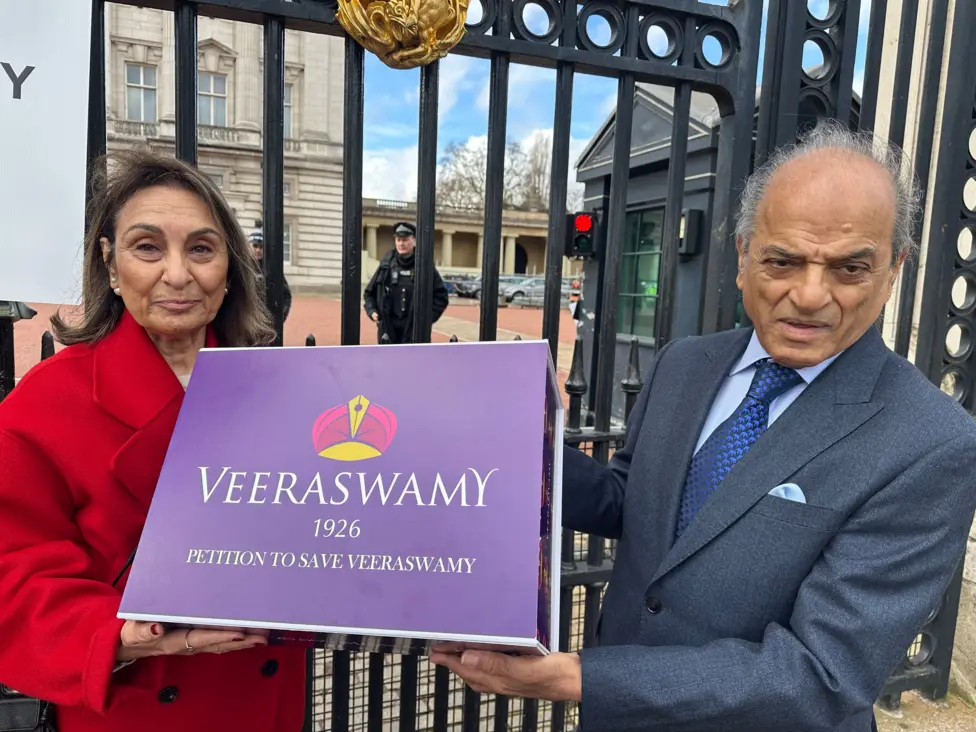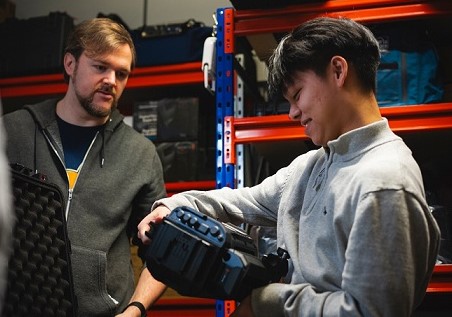Centre for Cities think tank has called upon all of the candidates vying to be the West Midlands mayor to prioritise boosting economic growth and the post-Covid economic recovery ahead of next month’s election. The West Midlands entered the Covid-19 pandemic with levels of unemployment well above average, and the number of people claiming unemployment-related benefits has increased by a further 77,000 – enough to fill the Hawthorns three times over – since March 2020.
To address this challenge and build back better from the pandemic, Centre for Cities’ policy paper (link active from 00:01 on Monday 19 April) sets out three key areas for the election winner to focus on.
1. Help Birmingham and Coventry city centres recover from Covid-19
Birmingham city centre’s economy has been hit particularly hard by lockdown. The ease with which many people have switched to homeworking has meant that the city centre’s footfall levels have been among the lowest in the country in the past year – with negative consequences for hospitality and retail businesses. City centre footfall and spending needs to increase avoid more job losses.
The next metro mayor should launch a campaign, similar to Sadiq Khan’s ‘London is Open’ campaign, to encourage a return to city centre working and public transport usage once it is safe to do so.
At the same time, the metro mayor should seek to increase the amount of high-quality city centre office space and new homes close to railway stations to ensure that the West Midlands remains affordable for workers.
2. Get unemployed people back to work
Unemployment is a particularly bad challenge for the West Midlands; almost one in ten adults are now claiming unemployment related benefits – the highest of any English city region.
The next metro mayor will need to implement targeted programmes to get people back to work, particularly those who have been out of work for a long time. In addition, they should assess the effectiveness of how money is currently being spent and streamline the training provision available to people – for example through the number of apprenticeships being offered.
3. Introduce congestion charging and boost bus ridership
Peak time congestion is a serious challenge that limits economic growth in the West Midlands. The next metro mayor should address this by introducing a congestion charge in Birmingham city centre. Congestion charging is politically controversial but is proven to have reduced congestion in other cities. The money raised can be invested in public transport.
In addition, the next metro mayor should bring the West Midlands’ buses under public management, as the Mayor of Greater Manchester recently announced plans to. This would improve services, reduce fares and unlock millions of pounds of extra central government funding.
Centre for Cities’ Chief Executive Andrew Carter said: “The last year has hit the West Midlands’s economy very hard and the next metro mayor has a big job ahead of them to repair some of this damage.
“Whoever is elected on May 6 needs to support Birmingham and Coventry city centres’ recoveries and work with local stakeholders, businesses and the Government to open up employment and education opportunities to anyone who needs them. Without these, employment will rise even further and thousands more people could find themselves locked out of the labour market.
“This is not a job that can be done from Whitehall and the Government should listen to the substantial majority of people in the West Midlands who back giving more powers to the West Midlands Mayor.” Recent Centre for Cities/Savanta ComRes polling found that 80% of people in the West Midlands back giving more powers to the metro mayor.
Almost half (46%) support giving the Mayor more responsibility for providing affordable housing, while significant numbers back the Mayor having a bigger role in supporting business (42%) and providing access to skills and training (40%). Just 5% of the public oppose further devolution to the West Midlands Mayor.

















